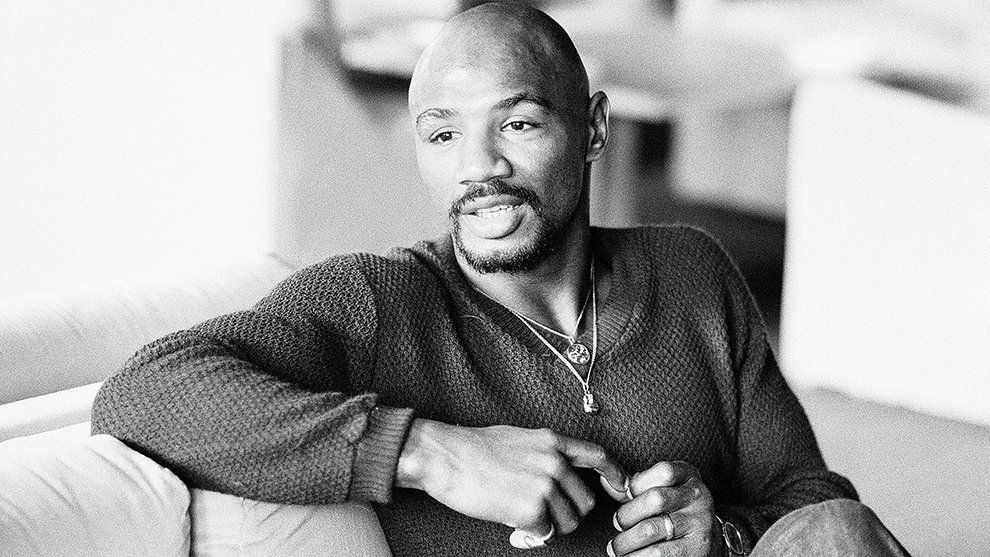Marvelous Marvin Hagler is greatly admired for many reasons, but one of his most notable achievements was his ability to walk away from boxing without looking back. Unlike the Greek myth of Orpheus and Eurydice, Hagler resisted the temptation to revisit his boxing career and risk ruining everything he had accomplished. This rarity in the sport of boxing carries more weight than any championship belt.
Hagler’s decision to turn his back on boxing in 1988 and pursue a career in acting in Italy was a remarkable display of independence and determination. It was a bold move that showcased his true character. During that time, it may have been easier to retire and stay retired compared to the present day. Today, retired boxers face the constant exposure of social media and the ever-growing interconnectedness of the world, making it difficult to fully escape the sport.
The relentless exposure to boxing post-retirement can have a significant impact on the transition from fighter to civilian. Seeing images and updates from the boxing world can trigger emotions and prevent boxers from moving forward. Boxing, by its nature, fosters a sense of selfishness and a hunger for attention, similar to other artistic endeavors. Fighters train alone and hope that their hard work will lead to recognition and success.
Once retired, fighters may find themselves deflated and forgotten, scrolling through their social media feeds while the rest of the world moves on. The best they can hope for is to stumble across footage of their old fights and read comments that either bring back sentimental memories or provoke arguments. They may also feel envy towards the current fighters who have taken their place in the limelight. This envy becomes a form of self-harm, leading them to think that they could still compete and ultimately announcing a comeback.
However, nowadays, boxing comebacks are seen as more tragic than heroic. The primary driving force for these comebacks is often the desperate need for attention in a world that thrives on it. The desire for attention brings with it the possibility of financial gain, which can benefit the financially struggling boxers. In a time when everyone has a platform and a voice, retired fighters find it painful to fade into irrelevance and watch the world move on without them.
To combat this feeling of irrelevance, retired fighters often resort to unconventional methods or even announce a comeback to regain attention. This displays their dependency on boxing and the validation it provides. Boxing becomes an abusive partner, always ready to welcome them back with open arms, reinforcing the notion that they are nothing without the sport.
Marvin Hagler serves as a great example of retiring on one’s own terms and resisting the constant need for attention. He recognized the value of walking away and not looking back, setting himself apart from many other fighters who succumb to the pull of boxing’s allure. His ability to detach himself from the sport and pursue other interests showcases his strength and individuality.
Source link
